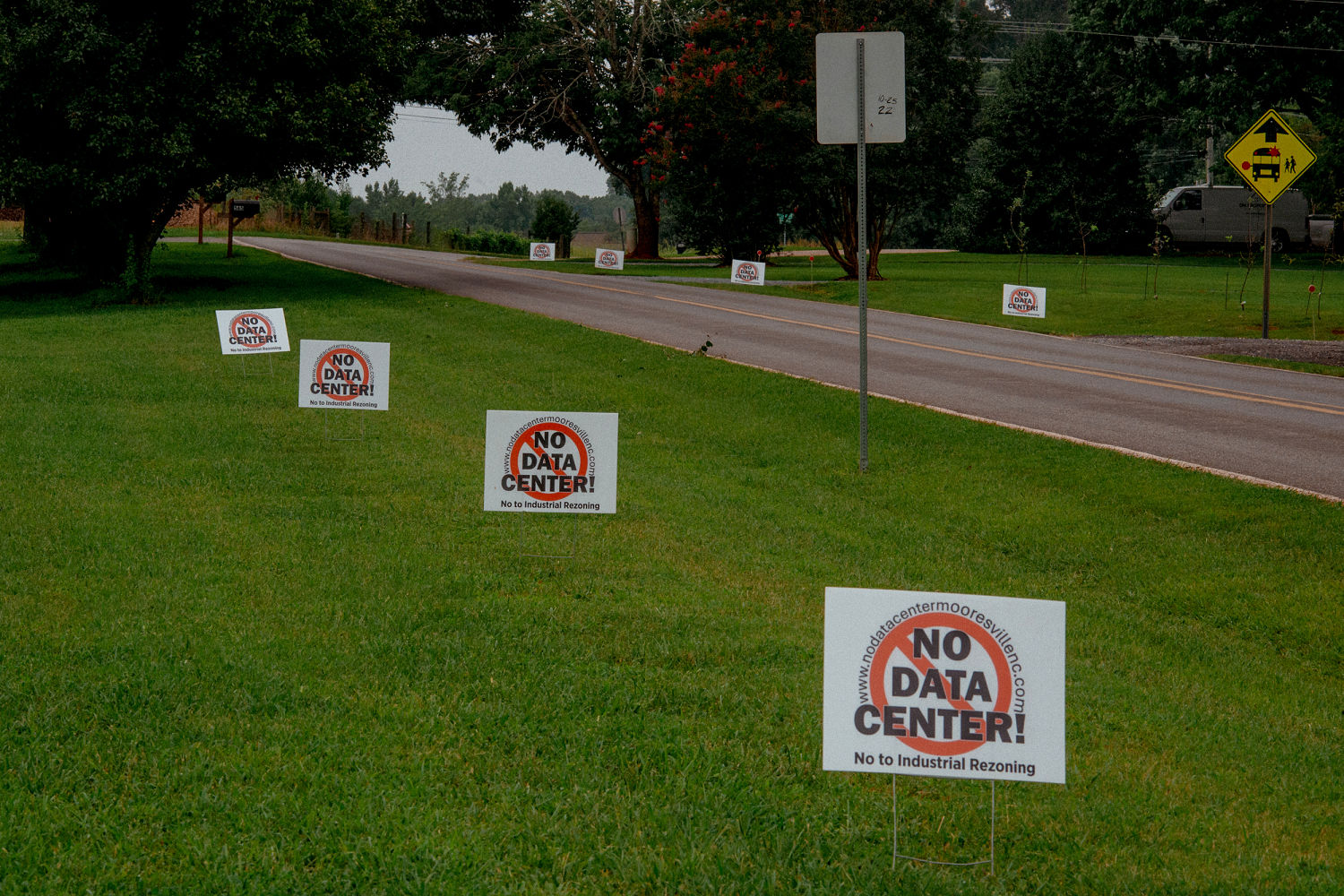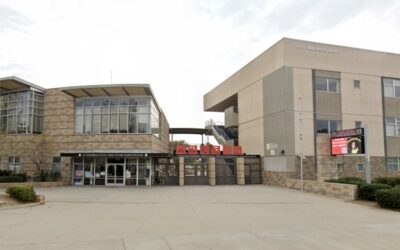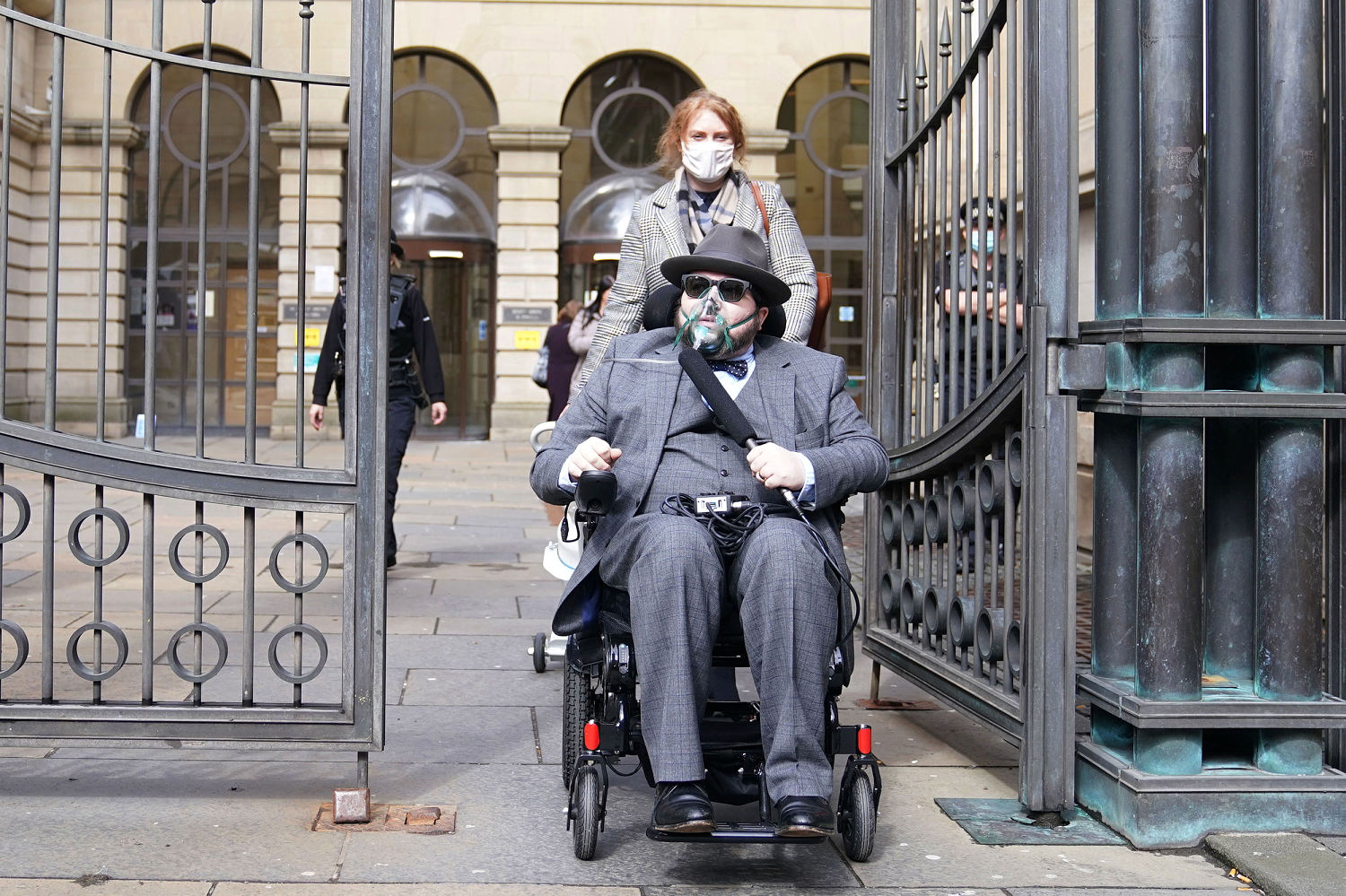Data center developer backs off plans for Dale Earnhardt widow’s property in North Carolina


A Denver-based company proposing a $30 billion data center on land owned by the widow of NASCAR champion Dale Earnhardt in rural Mooresville, North Carolina, will not move forward with the project, a city official and an engineer representing the company said Wednesday. The proposal had drawn intense community backlash, including from Earnhardt’s eldest son.
For months, developers with Tract had said they wanted to build a data center campus in Mooresville, about 30 miles outside of Charlotte. Many residents pushed back against the proposal, citing concerns about the future facility’s water and electricity usage. Others viewed the project as an encroachment on the area’s close-knit feel.
Mooresville Mayor Chris Carney said in a Facebook post Wednesday afternoon that Tract developers had withdrawn their proposal. Dan Brewer, an engineer representing Tract, confirmed that he had withdrawn a request for a rezoning that was needed to move the project forward. The city’s commissioners had been scheduled to vote on the rezoning next month.
“My client is Tract, I was instructed to withdraw it and that’s what I did,” Brewer said in a phone interview. “That’s the only comment I have.”
Representatives for Tract, which had pitched the project as a boon for local tax revenue, did not immediately respond to a request for comment. A Tract spokesperson said last week in a statement to The Charlotte Observer that the company was “both disappointed and surprised” by the mayor’s previous comments indicating he no longer supported the project.
Earnhardt was killed in a crash during the 2001 Daytona 500. When he wasn’t at the racetrack, he was an avid outdoorsman, and neighbors said he used the North Carolina property at the center of the recent battle for hunting and fishing.
Teresa Earnhardt, who married Dale Earnhardt in 1982, began asking city officials to rezone 400 acres of that land for a data center last fall. She didn’t immediately respond to a request for comment.
Kerry Earnhardt, Dale Earnhardt’s eldest son, blasted efforts to rezone the property on social media recently, saying his father “would be livid for his name to be associated” with the project. At an Aug. 4 meeting, roughly 200 residents showed up, many in protest of the pending rezoning. Several of them, including Kerry Earnhardt’s wife, René, urged commissioners to halt the project.
Kerry and René Earnhardt posted a YouTube video Wednesday detailing their opposition to the data center. Kerry Earnhardt recalled dove hunting with his father on the property, and added that he felt compelled to speak up on behalf of his neighbors.
“The bottom line is this project does not belong where they’re trying to put it,” he said.
While the White House embraces data centers as critical infrastructure in the global artificial intelligence race, in a growing number of communities they’re not welcome.
Wednesday’s announcement makes Mooresville the latest city where developers have either backed off their plans for a data center, or had their plans for a data center voted down by local leaders amid public backlash. Last week, officials in Tucson, Arizona, rejected a proposed Amazon data center.
Kerry Pennell, who ordered yard signs for the campaign opposing the Mooresville project, cheered Wednesday’s withdrawal.
“AI and data centers are an important part of the world we live in today, but we really need to figure out their proper place in this country,” she said. “We can’t just take rural residential land and destroy it forever.”
Late last week, Carney, the mayor, cast doubts on the project’s prospects because Tract hadn’t said which tech company would ultimately use the facility once it was built.
“There is no request to postpone — this is a full withdrawal,” Carney wrote on Facebook on Wednesday. The mayor added that there are no other “active” requests for a data center in Mooresville.
For Donna Jones, who lives about a half mile from the proposed Mooresville site, Wednesday’s retreat felt like a victory. But she’s remaining vigilant — and urges her neighbors to hold onto their anti-data center lawn signs “in the event that something else comes along.”
“You just never know what they’re going to plan for the future,” she said.




